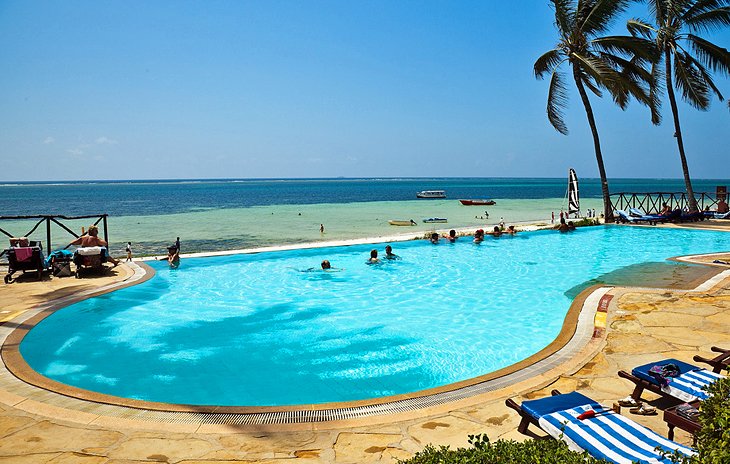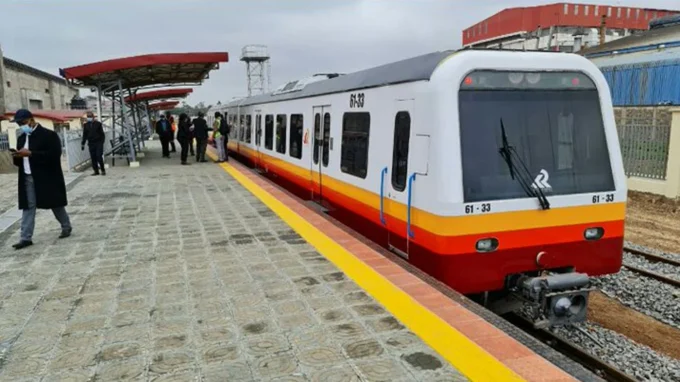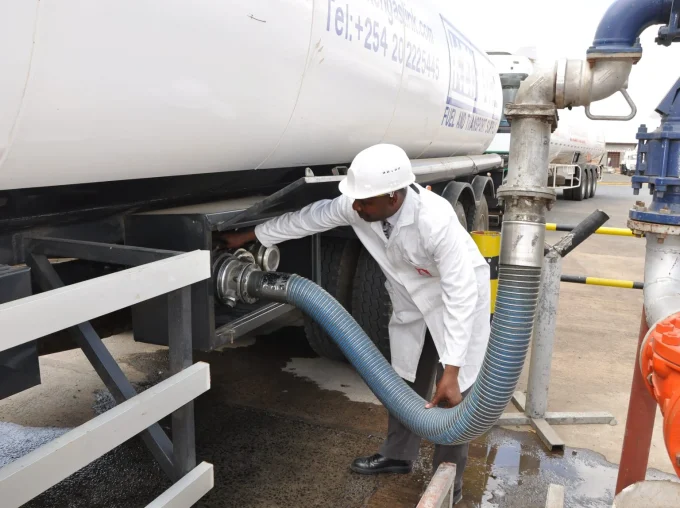By Mark Havercroft
The hospitality and tourism industry in Sub-Saharan Africa must adopt a new “adapt and innovate” modus operandi to meet the challenges produced by the COVID-19 pandemic if it is to help prevent further contraction of severely impacted economies in the region, says Mark Havercroft, Regional Director Africa for the International hotel group Minor Hotels.
While the opening of international borders by several African countries is extremely positive news for ailing travel and hospital sectors in Sub-Saharan Africa – and for economies as a whole, this may not, in and of itself, be sufficient to resuscitate the industry in the wake of the havoc wreaked by the COVID-19 lockdowns.
Not only are many of the international tourists who operators are relying on to return quickly still locked down in their own countries, but even if they’re not, there are still very high levels of insecurity around travellers who aren’t sure whether they’re prepared to get back out there into the world just quite yet.
South Africa’s President Cyril Ramaphosa recently announced that the country’s borders will be reopened for international travel purposes as of 1 October 2020, joining other African countries that have begun reopening airports, removing curfews and slowly resuming international tourism.
These include Namibia, the DRC, Egypt, Kenya, Zambia, Rwanda, Liberia, Tanzania, Togo, Tunisia, Seychelles, Sierra Leone and Sao Tome.
The industry as a whole faces a continuing uphill battle; earlier this month the United States government warned its citizens against international travel due to the risks associated with the potential spread of the virus.
A recent study by the World Economic Forum also suggested that business travel is far more likely to survive the pandemic than international leisure travel, which it predicted will rebound only much later owing to the uncertainties related to health and safety concerns. In short, the industry can expect to rely heavily on domestic leisure travel markets for the immediate future.
The important question now is how to optimally leverage the domestic leisure and business travel markets, while continuing to encourage the international market to confidently travel to Africa. This requires a dual approach from the industry that relies on offering the essential assurances around health and safety for all travelers, while also creating reasonably priced, market-related packages that prove too alluring for the domestic market to ignore.
How Can This Be Achieved?
Firstly, it is important for the industry to collaborate with governments in the region to facilitate a marketing strategy that will ensure the worldwide dissemination of information about how African countries are managing to control the pandemic, including statistical proof in order to build confidence.
The 2019 hospitality report by Jumia identifies the tourism and hospitality sector as one of the key growth drivers of the regional economy, contributing 8.5% (or $194.2billion) to the GDP in 2018, and placing the continent as the second-fastest growing tourism region in the world – with an annual growth rate of 5.6%.
Leisure remains an important component of the tourism industry, comprising 71% of all tourism-related expenditure in the region, with business travel accounting for the other 29%.
The African Union has said that the region lost $55bn in travel and tourism revenue in the first three months of the region-wide lockdowns, with devastating knock-on effects considering the industry contributes significantly to the regional economy.
This points to the urgency of reopening borders and reactivating the sector if we are to save ailing economies across the region. We know it will take time for the industry to get back into full swing, so we need to innovate in every way possible in the meantime in order to shorten that lead-in time.
For example, the hospitality industry has for many years prided itself on the safety and hygiene measures it applies to keep guests safe and comfortable. The COVID-19 pandemic and its aftermath will demand so much more, and establishments will have to go above and beyond in demonstrating – and applying – both existing and more stringent safety measures.
For the industry, our value propositions can no longer be focused only on getaways, experiences, and cuisine whether it be luxury and otherwise. That will continue to be a focus, of course, but along with how associated air travel is managed in the safest possible way. Safety-first is a top priority.
According to research by McKinsey, it will take at least three years for the industry to reach full recovery.
In the meantime, to maximise on the reduced number of tourists, the industry will need to create completely new options too, including those specifically designed to encourage longer hotel stays by both the international and domestic travel markets.
This is not the time to continue doing things like they’ve always been done. Innovate and adapt must be our watchword within our “new normal” if we are to not only reignite the industry, but see it grow from strength to strength in line with the pre COVID-19 forecasting.
The Writer is the Regional Director for Africa of international hotel group Minor Hotels













Leave a comment